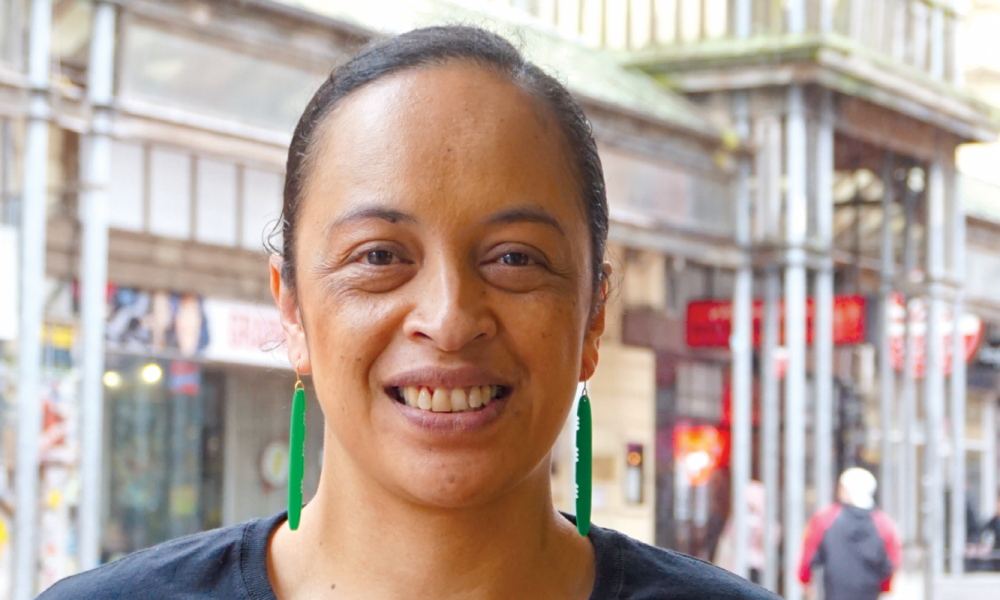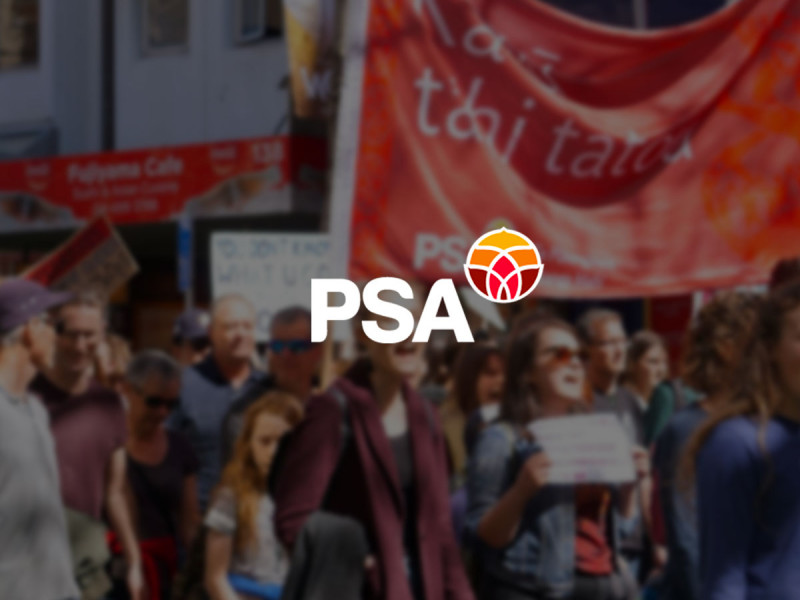More than 900 wāhine Māori PSA members responded to the survey in early 2020.
A report which analysed the survey results found 68% had experienced unconscious bias, 60% had experienced conscious bias, and 54% had experienced discrimination or racism in the workplace.
POWERFUL REPORT
The report findings will help support the PSA Mana Wahine Waitangi Tribunal claim, challenging employment inequities suffered by wāhine Māori.
“It’s a powerful report,” says PSA Kuia Georgina Kerr, who is one of the members taking the claim to the tribunal on behalf of Te Rūnanga o Ngā Toa Āwhina.
“You can see how our wāhine through the generations have had to overcome barriers as individuals, within organisations, and at a structural and systemic level.”
EXPERIENCE OF BIAS
Survey respondents reported instances of unconscious bias including people making negative assumptions about their abilities, being labelled ‘troublemakers’, and denial of their background and experience.
‘It got particularly worse when I received my moko kauae, where the negative attitudes were amplified. I would be told things like: Is that real? Why would you do that? That could limit your career opportunities.’*
Examples of conscious bias included ‘sighing and eye rolling’ about Māori culture, talking in derogatory terms about Māori when Māori staff were in the room, bias in relation to promotion, ‘fake news’ about Māori issues, and claims Māori have unfair advantages.
‘Sitting in (the) tea room where non-Māori staff talking about Māori this and Māori that until I told them they were talking about my father and my grandmother etc.’
DISCRIMINATION AND RACISM
Wāhine Māori who responded to the survey noted examples of discrimination about their work, and during hiring and promotion processes.
‘I want to be a manager but because the one who hires, the manager has the last say, he will never allow me to progress higher than where I’m now. He’s pākehā and middle aged, and wants leaders to be like him... I can only be myself.’
Some documented how discrimination has affected their mental wellbeing. Others reported being bullied, put down at work, and poor treatment by managers.
EDUCATIONAL DISADVANTAGE
Around three-quarters of the survey participants reported facing challenges in the education system, which often went on to affect their employment and pay prospects.
Older women reported being hit, suffering negative stereotypes, being held back in the school system, not being expected to succeed, or being expected to have babies early.
‘I heard comments from teachers, parents and other students for example – waste my time she will only end up pregnant and on the benefit.’
These barriers meant many did not complete their schooling, or returned to education much later, attaining qualifications at an older age.
This has affected their prospects for advancement and led to a much lower lifetime income.
The survey found many younger wāhine have been able to gain qualifications due to improved treatment in the schooling system.
But some young wāhine now find themselves called out for having an unfair advantage or privilege based on their ethnicity.
PERSISTENT PAY GAP
These educational disadvantages often contribute to lower incomes for Māori. This is reflected in our survey results, which found only 35% of participants feel they are paid fairly or equitably.
‘Currently I am paid at the same level, but I had to spend a lot more time at the lower level to get here than my peers. I believe this is the true disparity. Those that are determined will get there but the road is harder and longer.’
A lack of financial recognition for the cultural duties which wāhine Māori are often expected to perform was also frequently expressed by survey respondents.
‘I am expected to perform duties to assist in the organisation’s bicultural aspirations such as performing karanga or waiata tautoko ‘as part of my job’, yet am not compensated differently from someone in a similar role that is not a wahine Māori.’
Longstanding pay inequity can also be seen in the wider workforce, where wāhine Māori are still paid 22% less than pākehā males.
MANA WAHINE CAMPAIGN
“The survey findings and the stories we heard from our wāhine members were heartbreaking,” Whaea Georgina says.
“We’ve decided to respond to them through a campaign challenging bias, discrimination and racism in workplaces and organisational structures.”
We’ll be presenting our campaign plan to delegates at our upcoming sector hui in November and enlisting our Kaikōkiri Mana Wahine advocates to assist.
We’ll also be seeking tautoko from our wider membership and the public, and lobbying politicians and government agencies to make real changes that will raise the mana of wāhine in the workplace.
The survey findings will also support our Mana Wahine claim which seeks to put right treaty breaches that have relegated generations of wahine Māori to jobs with poor pay and working conditions.
These include the Crown’s failure to provide education that prepares wāhine Māori for employment; eliminate bias and discrimination in the workplace, give appropriate status to tikanga Māori and Mana Wahine, and ensure fair working conditions and remuneration.
* The italicised quotes in this story are anonymised comments from participants in our Mana Wahine survey
Main picture caption: PSA Mana Wahine claimant Llani Ngatoro










